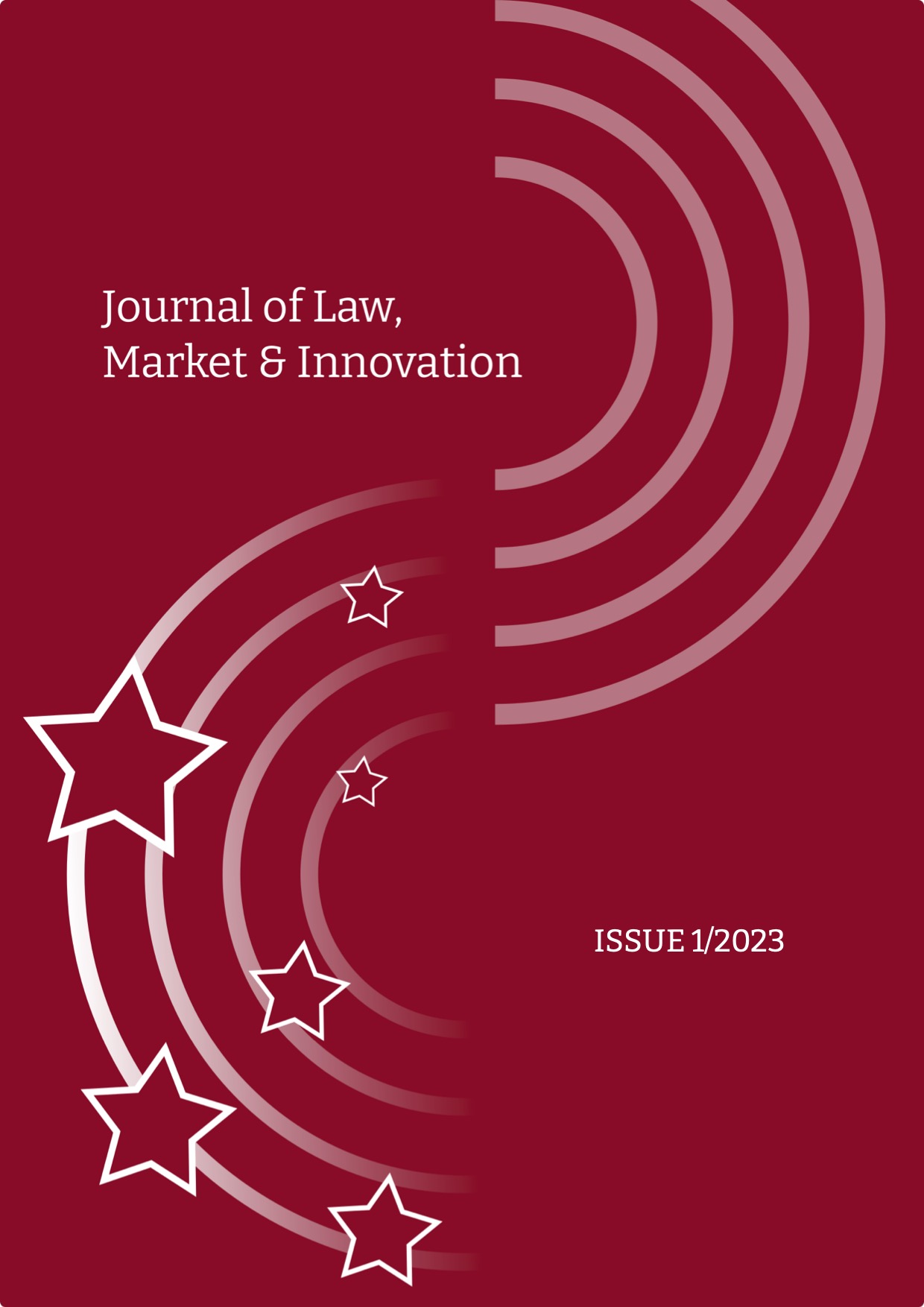The impact of innovation and technology on restrictive measures targeting the Russian Federation
DOI:
https://doi.org/10.13135/2785-7867/7435Keywords:
Dual-use goods, Intelligence-sharing, Technology exports, Trade restrictions, SanctionsAbstract
Since 2014, several countries imposed economic sanctions on Russia, including restrictions on technology exports to Russia's energy and defence sectors. However, these sanctions were not effective due to their vagueness and loopholes. In 2022-2023, to further restrict trade with Russia, new export controls and restrictions on dual-use goods and technology were introduced in the 9th and 10th packages of EU sanctions. The ban on the export of goods and technology relating to the aviation and space industry was expanded, and new items were included in the list of restricted items that could potentially enhance Russia's defence and security sector. Technology can play a crucial role in enhancing the effectiveness and efficiency of restrictive measures, as well as creating new ways for sanctions to be circumvented. However, technology can also be used to improve intelligence-sharing and data analysis related to suspected violations of sanctions, thereby enabling authorities to better identify and target violators.



 EJIF has been approved for inclusion in
EJIF has been approved for inclusion in  The Journal of Law, Market & Innovation is indexed in
The Journal of Law, Market & Innovation is indexed in  The Journal of Law, Market & Innovation is indexed in
The Journal of Law, Market & Innovation is indexed in  The Journal of Law, Market & Innovation is indexed in
The Journal of Law, Market & Innovation is indexed in  The Journal of Law, Market & Innovation is indexed in
The Journal of Law, Market & Innovation is indexed in  The JLMI is classified as a "Class A" journal for Law (Area 12) by the Italian
The JLMI is classified as a "Class A" journal for Law (Area 12) by the Italian 
